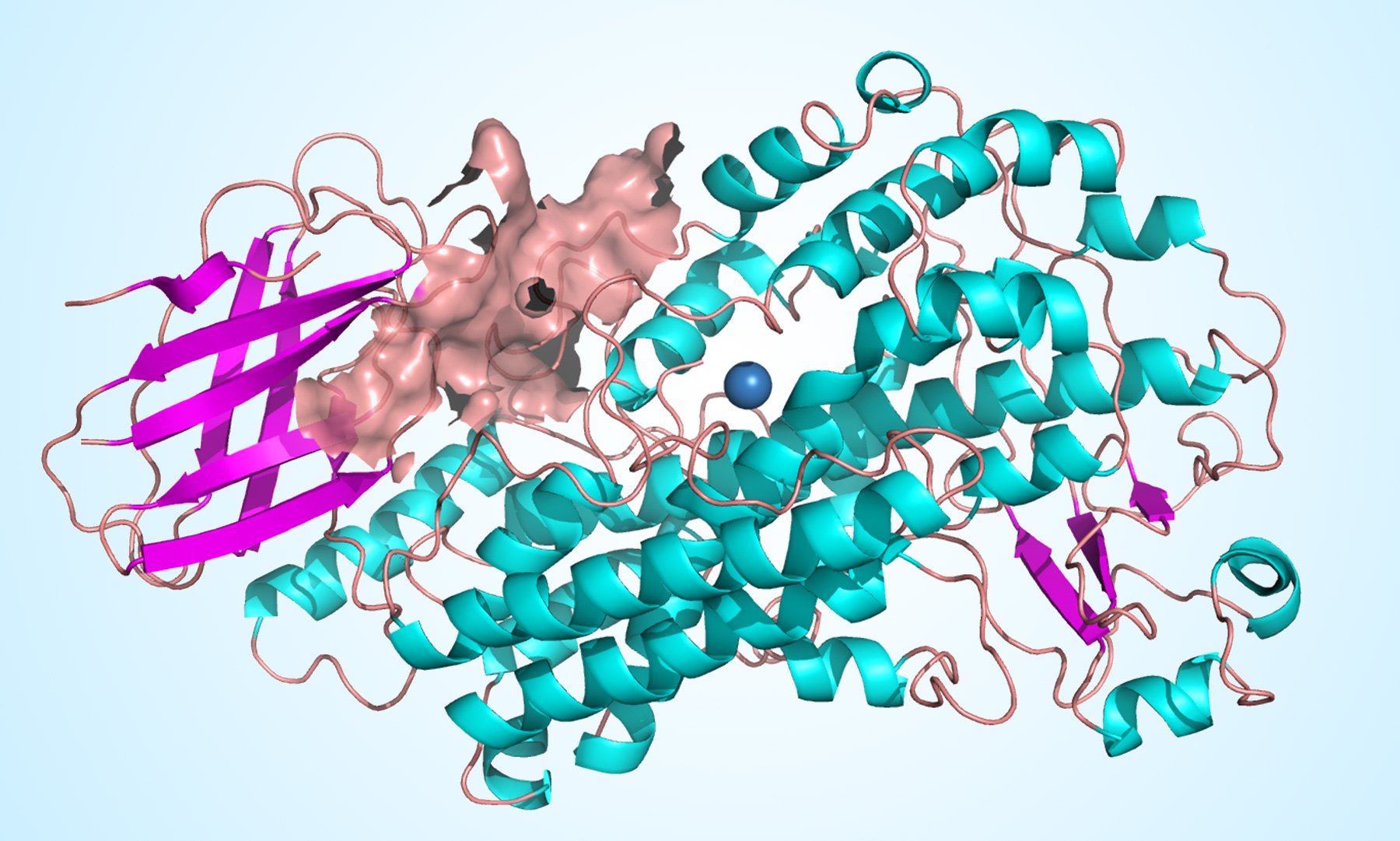At the University of Innsbruck, a pharmacy team has been inquiring about normal items for their anti-inflammatory impacts for quite a while. The investigations will be done together with a worldwide consortium with the cooperation of scientists from Germany, France, and Italy. In these investigations, information rose that indicated vitamin E and related structures as an on-screen character in the inflammatory procedure.





